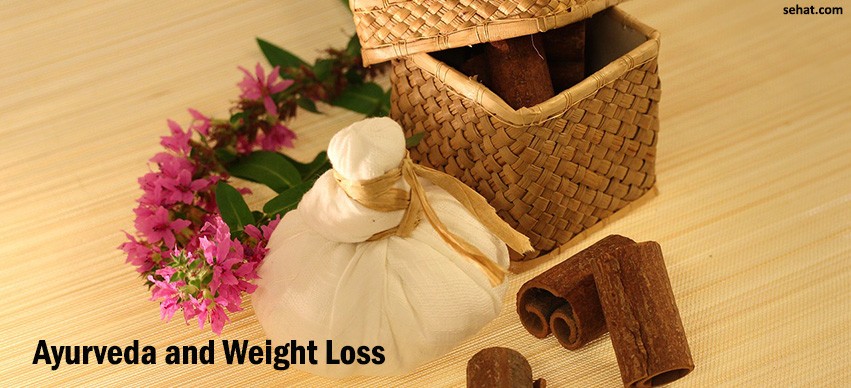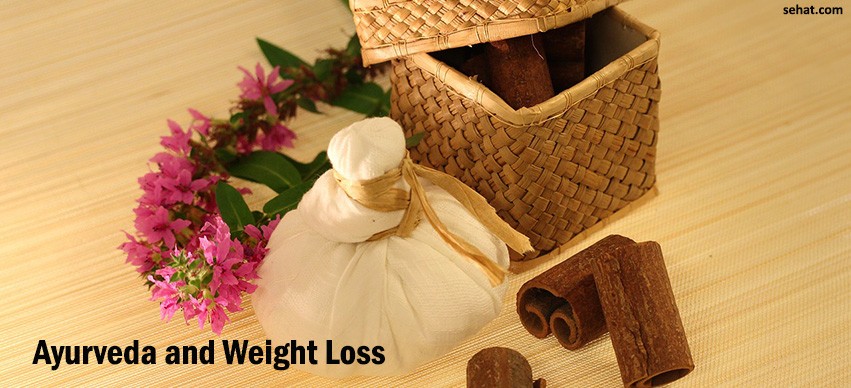
Starting notes:
This time, we speak on an antiquity called Ayurveda. It is an ancient system of medicine that took form in India somewhere between 4,000 and 6,000 years ago. Ayurveda is not a singular discipline; in fact, neither are pharmacology or homeopathy. But Ayurveda needs the supportive measures to be followed precisely for an overall complete effect.
Another point is: Ayurveda is more effective as a preventive measure than curative. Of course, it does cure, but slow. Nevertheless, progress is steady while effects outrun than from any other medicinal discipline. Once curing is over, it starts acting as a preventive measure, albeit the doses, ingredients, timings and frequency may vary. As preventive measures, solely, it’s surprising how much can be achieved with a meager amount.
It is; however, necessary that you get acquainted with certain Hindu doctrines, principles and observations on the connections between Nature and the bodily systems. This helps in understanding and applying Ayurveda for a complete well-being. For, though it is about weight loss only, Ayurvedic medications will reset all internal mechanisms to avoid a relapse. It’s crucial to know how it’s done.
Defining faults and body types:
Know your body type. Diet is an essential part of Ayurveda and it’s the body type that determines the diet for an optimum health. Weight management is a part of it. Afraid not, you don’t need going into something hugely complex as written in the classic texts in which western medicine finds its roots.
A body type and its properties are vulnerable to Dówsha-s (a Sanskrit word meaning that which decays/spoils) - the three key components that cause a loss in internal equilibrium and sets in the disorders. The three must stay balanced optimally for an optimum health. These are:
- Vatta: Air energy. A dominating vatta shows through skinny, impulsive and highly anxious beings; although a vague concept, but these are whom you may consider the classic Type A personalities. Vatta mobilizes the functions of the nervous system, affecting the windy humor (e.g. flatulence, gout and rheumatism). This dówsha is the polar opposite of Kapha and needs a diet high in dairy products and sweet fruits.
- Pitta: Fire energy. Symbolizes the bilious humor and secretions flowing through or between the stomach, the bowels, the liver, the spleen, the heart, the eyes and the skin. Hence, it is about digestion and hence, metabolism. Aggressive people with stomach ulcers. A mix of Type A and Type B.
- Kapha: Earth energy. These beings are more relaxed by nature. Type B. Must avoid dairy products and sweet fruits in diet. Involves the body fluids relating to mucous, lubrication nutrient transportation to cellular levels.
Things turn even stranger as you come to know that a person can’t be defined wholly in terms of a particular dówshaand there are five subtypes to each:
- Vatta: Prana Vata, Udana Vata, Samana Vata, Apana Vata and Vyana Vata.
- Pitta: Pachaka Pitta, Ranjaka Pitta, Alochaka Pitta, Sadhaka Pitta and Bhrajaka Pitta.
- Kapha: Kledaka Kapha, Avalambaka Kapha, Tarpaka Kapha, Bodhaka Kapha and Sleshaka Kapha.
A dominating dówsha doesn’t necessarily mean the other two are balanced. They stay in varied ratios when a disorder prevails; in other words, the variation marks an onset of a disorderly body condition. The three remain perfectly balanced at birth and starts tumbling as the days progress; this is chiefly because of the imperfect environment, medications, aging, alcohol, narcotics, pregnancy etc. The Hindu philosophy terms all these as attachments; only non-attachment – which is at birth - can keep things in perfect condition. It is the prime intention of Ayurveda to bring this balance back and keep it that way till the body meets its end.
What balancing brings:
- Vata: A vibrant and lively self, enthusiasm, a clear and alert mind, flexibility, exhilaration, constructive imaginations, sensibility, quick response, garrulity. It is thrown out of balance by an irregular routine. That means staying up late and irregular eating habits; also, a cold and dry weather aggravates the condition, so does excessive mental work; bitter, astringent and pungent foods. Excessive travelling and injuries also instigate an imbalance. When a person is restless, unsettled, lacks sleep, fatigued, constipated, anxious, worried and underweight, he/she is suffering from Vatta imbalance.
- Pitta: A warm and loving, contented person who enjoys challenges, has a strong digestion, a lustrous complexion, good focus and speaks articulately and precisely has his/her pitta perfectly in order. The person shall also be bold and a sharp-wit intellectual. A disturbed pitta makes him/her demanding, angry and frustrated. This may manifest through a perfectionist attitude, irritability and impatience. Physical symptoms would be skin rashes, prematurely graying hair or an early hair loss. It is recommended that the person avoids excessive heat, alcohol, smoking, excessive and stress-causing activities and too spicy, sour and salty foods. Skipping meals is strictly a no-no.
- Kapha: Makes for affectionate and compassionate individuals with a forgiving mentality. They are emotionally steady and relaxed, works slow yet methodical, have good memory, stamina and a very strong immune system. If not in proper order, it is complacence, lethargy and possessiveness that set in and this is the starting of becoming overweight. Other symptoms are a dull and oily skin, allergies and a slow digestion. Must avoid excessive rest, oversleeping and overeating, sedentary and mundane lifestyles, rich and fatty food and cold, wet weather.
Getting to the point:
Now we arrive at the point from where remedial measures for obesity will take off, so warm-up a bit and fasten your seat belts; we’ll fly.
Ayurveda speaks of several ways to reduce obesity and while it’s not possible narrating each and every one within this meager space, getting the juice from the dówsha-s abovementioned will cut your worries down to a great deal on finding additional measures.
- Behavioral/lifestyle changes: Sleep 8 hours or more (but never more than 10) at a stretch helps avoid the afternoon naps. This keeps the basal metabolic rate up for longer; otherwise, it starts falling after 4 pm.
- Change your dietary habits: Avoid simple carbs (but not honey) like sweetmeats and sugary drinks; if you have to snack, opt for green/horse gram. Chew a piece of ginger before you eat anything and stick to dark, bitter greens in your choice of vegetables. Meat is essential; unless you are a pure vegetarian, try mixing seafood, red meat and white meat throughout the week. However, that will take putting some life into a sluggish digestive system, so sip lukewarm water throughout the day, with the first glass going in the morning essentially containing ginger and lemon (juiced) and mixed with sea salt.
- Herbal remedies: Now, this is the most important part of the story; the former two are just for paving the way for the herbs to work. Just four are enough, namely Gokshura, Punarnava, Amalaki and Bael (i.e. stone apple).
Punarnava or Boerhavia Diffusa is a diuretic that relieves from water retention and urinary tract infections, but its chief function is eliminating the dówsha-s and putting right the balance. 250mg twice a day for 30 days shall prove enough.
Gokshura helps fight water retention being a diuretic; it is the same herb the West calls Tribulus. Gokshura works directly on the hypothalamus to release LH from the anterior pituitary; LH is a gonadotropic hormone that stimulates ovulation in females and androgens in males. Androgens possess lipolytic properties i.e. they break the fat but then again, androgens are produced from fats. That way, you get something like a double-whammy going inside you. Gokshura is also high in calcium which aids further to break down fat; however, it is dangerous on prolonged usage since it makes the blood sugar level fall drastically at times by throwing glucagon/insulin ratio out of balance. Same dosage as Punarnava for 30 days but must be discontinued for at least 15 days before starting a new cycle.
As for Amalaki and Bael, these two support digestion and builds immunity and are must for any problem related to digestion. You may have them as much you like; the more, the merrier.

